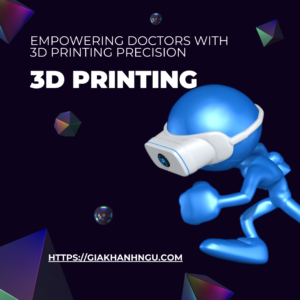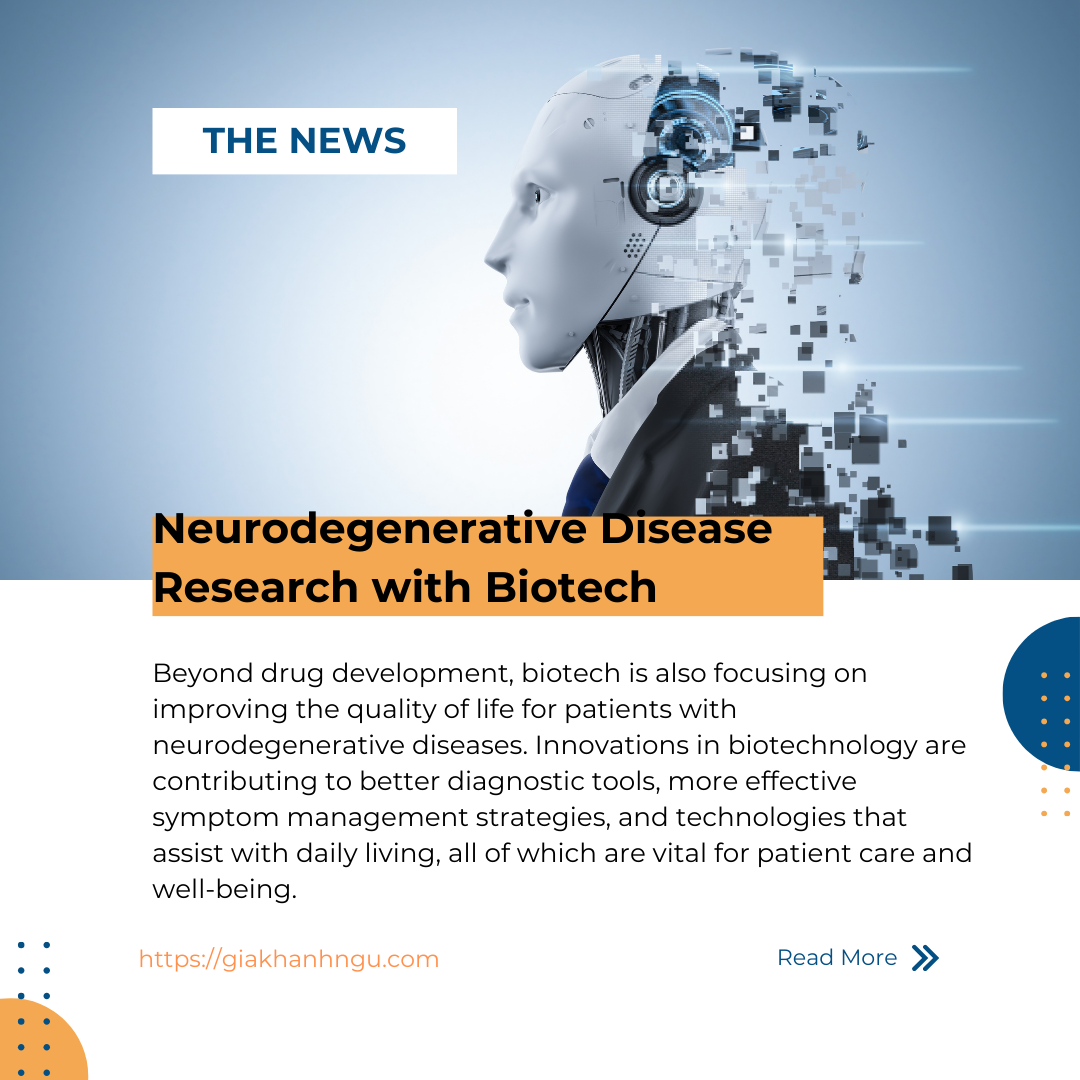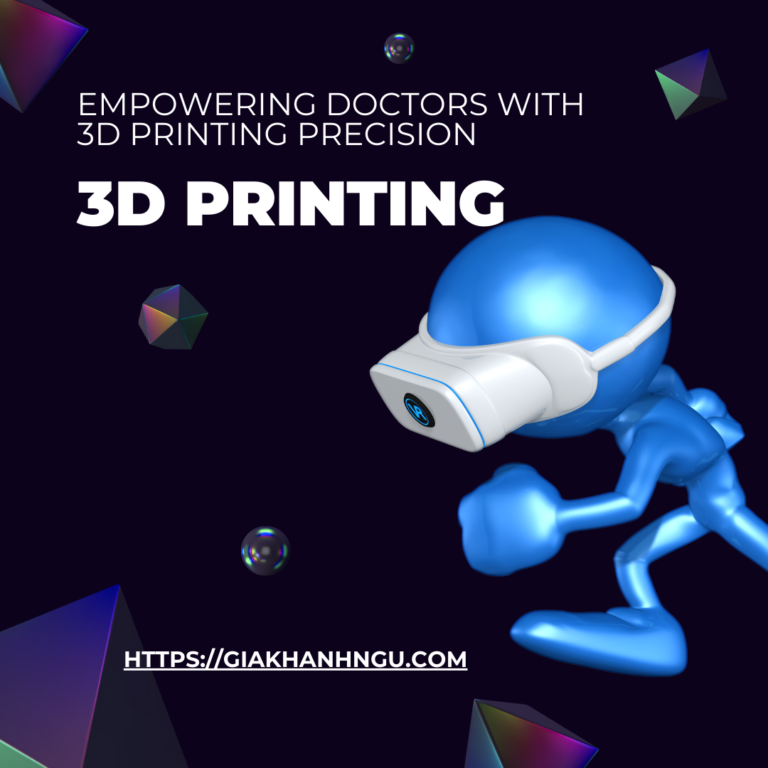Biotechnology is playing a pivotal role in advancing our understanding and treatment of neurodegenerative diseases. These conditions, which include Alzheimer’s, Parkinson’s, and Huntington’s diseases, represent some of the most challenging areas in modern medicine. Biotech’s innovative approaches are offering new hope in the battle against these complex disorders.
Decoding the Genetics of Neurodegeneration
A key focus of biotechnology in this field is decoding the genetic factors that contribute to neurodegenerative diseases. Advanced genomic technologies allow researchers to identify genetic mutations and pathways involved in these conditions. Understanding these genetic components is crucial for developing targeted therapies that can modify disease progression.
Stem Cell Research: A New Horizon
Stem cell research, a cornerstone of biotechnology, is providing groundbreaking insights into neurodegenerative diseases. Biotech researchers are using stem cells to create models of these diseases in the lab, enabling them to study disease mechanisms and test new drugs in a controlled environment. This approach is invaluable for unraveling the complexities of neurodegenerative disorders.
Protein Misfolding and Biotech Solutions
Protein misfolding is a common feature in many neurodegenerative diseases. Biotechnology is aiding in the development of drugs that can prevent or correct misfolding, potentially slowing or stopping disease progression. Molecular chaperones and small molecule drugs are among the biotech innovations being explored in this area.
Advancements in Biomarker Identification
Biomarkers are vital for the early detection and monitoring of neurodegenerative diseases. Biotech is at the forefront of identifying and validating new biomarkers, using techniques like proteomics and metabolomics. Reliable biomarkers can lead to earlier diagnosis and better tracking of disease progression, which are critical in managing these conditions.
AI and Machine Learning in Neurodegenerative Research
Artificial Intelligence (AI) and machine learning are increasingly being utilized in neurodegenerative disease research. These technologies can analyze complex datasets to identify patterns and predict disease progression, assisting in the development of personalized treatment plans and advancing our understanding of these diseases.
Overcoming Challenges in Drug Development
Developing effective treatments for neurodegenerative diseases is fraught with challenges, including the complexity of the brain and the blood-brain barrier. Biotechnology is addressing these challenges by developing novel drug delivery systems and exploring new therapeutic approaches, such as gene therapy and neuroprotective strategies.
Enhancing Drug Efficacy and Safety
Biotechnology’s role extends to enhancing the efficacy and safety of treatments for neurodegenerative diseases. By employing precision medicine strategies, biotech companies are working to develop treatments that are not only more effective but also have fewer side effects. This is particularly important in neurodegenerative diseases, where patients often have to manage long-term medication regimens.
Collaboration and Multidisciplinary Approaches
The complexity of neurodegenerative diseases demands a multidisciplinary approach, and biotechnology is fostering collaboration across various scientific disciplines. Partnerships between biotech firms, academic researchers, neurologists, and patient advocacy groups are crucial for integrating diverse expertise and perspectives, leading to more holistic and effective research strategies.
The Role of Biotech in Patient Quality of Life
Beyond drug development, biotech is also focusing on improving the quality of life for patients with neurodegenerative diseases. Innovations in biotechnology are contributing to better diagnostic tools, more effective symptom management strategies, and technologies that assist with daily living, all of which are vital for patient care and well-being.
Challenges and Ethical Considerations
While biotechnology offers promising solutions, it also faces challenges and ethical considerations. The high cost of developing biotech-based treatments can limit access for many patients. Additionally, ethical issues, particularly in stem cell research and genetic manipulation, require careful consideration to ensure responsible and ethical progress in the field.
Future Perspectives in Neurodegenerative Disease Research
Looking to the future, biotechnology holds great promise for advancing the treatment of neurodegenerative diseases. Ongoing research into gene editing, advanced drug delivery systems, and neuroregeneration offers hope for breakthroughs that could significantly alter the course of these diseases. The continued evolution of biotech in this field is not just about creating new treatments; it’s about changing the landscape of neurodegenerative disease management.
Conclusion
Biotechnology’s roadmap in neurodegenerative disease research is one of innovation, collaboration, and patient-centric focus. As the field continues to evolve, its contributions are poised to transform the understanding, diagnosis, and treatment of neurodegenerative diseases. With continued investment and research, biotechnology stands to unlock new and more effective solutions for these complex conditions, offering hope and improved quality of life for millions affected worldwide.

























+ There are no comments
Add yours